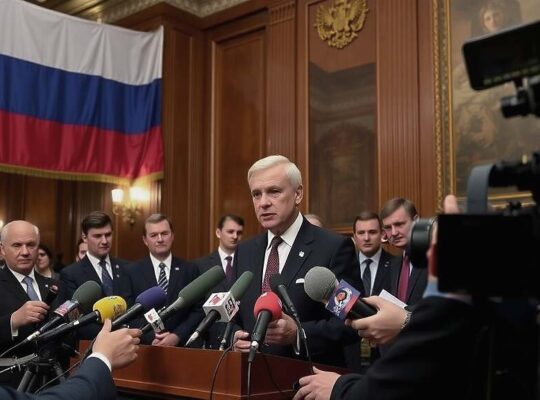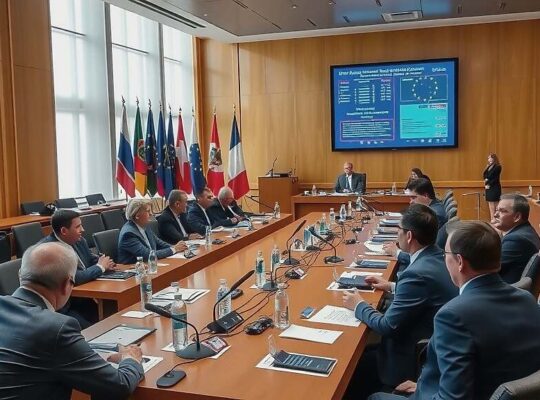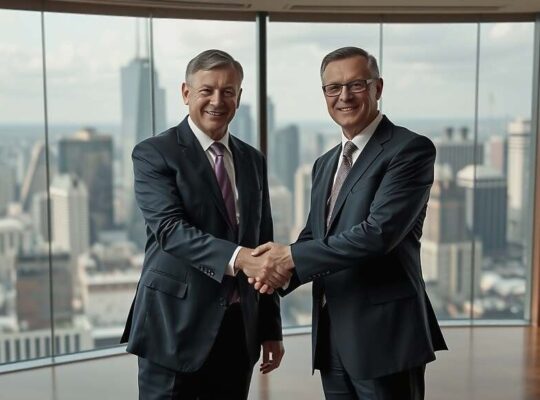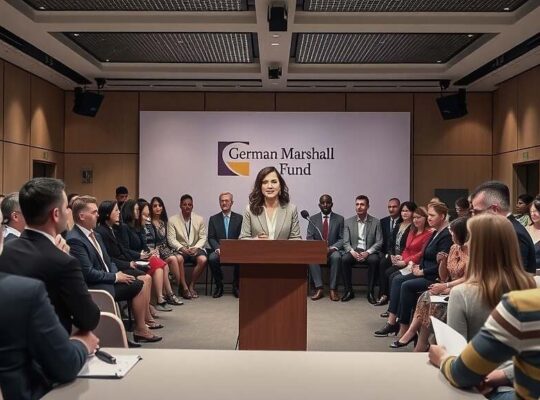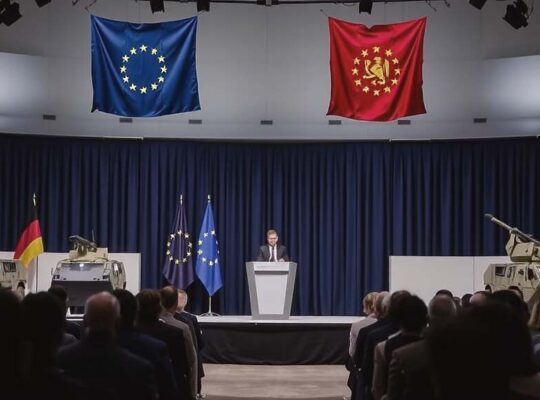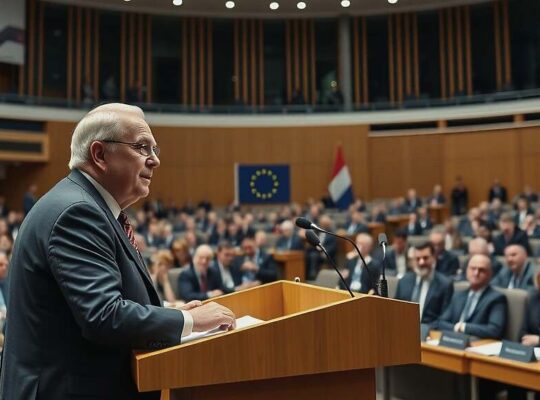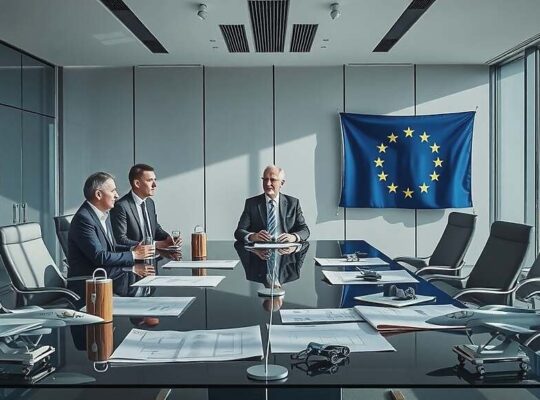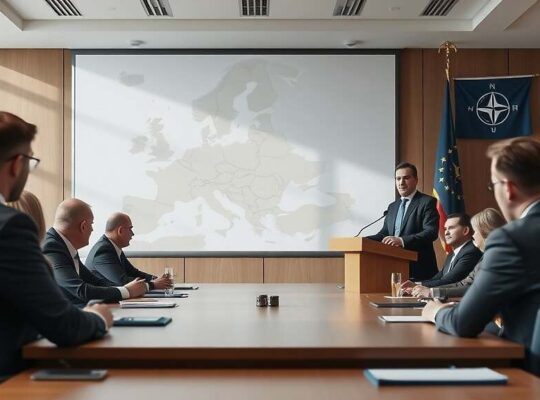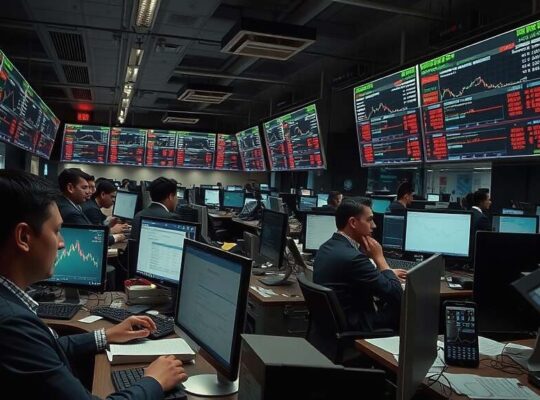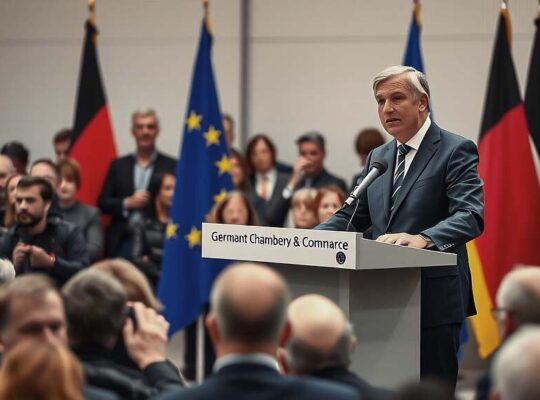A leading German economic advisor has voiced concerns that a newly agreed customs agreement between the European Union and the United States highlights a weakening of Europe’s position on the global stage. Veronika Grimm, a renowned economist, characterized the deal as reflective of the current balance of power, stating, “The EU likely couldn’t extract more; that’s simply the power dynamic at this point.
Grimm emphasized the urgent need for the EU to define and pursue its own growth agenda, warning that without decisive action, Europe risks falling further behind. While acknowledging the agreement includes provisions protecting the automotive industry from high tariffs, she cautioned that the deal will place a burden on the German economy. “We are borrowing to buy weapons and energy from the United States, leaving us with only debt” she noted. “Growth effects and value creation result from this in the United States.
Grimm, who also serves as an advisor to the German Federal Minister for Economic Affairs, questioned whether policymakers fully grasp the severity of the evolving geopolitical landscape and the resulting technological decline. She underscored that the long-term viability of Western values hinges on the economic strength of Germany and the EU, necessitating increased productivity and technological advancement – progress she believes is stifled by current regulatory practices.
Prioritizing research and development based on a “high risk – high return” model was identified as crucial, alongside deregulation and reduced bureaucracy to foster a more attractive environment for startups. A shift away from the regulatory “precautionary principle” and adjustments to labor market regulations were also called for.
The customs agreement has also drawn criticism from within Germany. Franziska Brantner, the national chairwoman of the Green Party, deemed the arrangement detrimental to Europe and pointed to the role of the Christian Democratic Union (CDU) leader, suggesting a hasty agreement pressured the European Commission President Ursula von der Leyen, weakening her negotiating position.
Brantner criticised the EU’s lack of leveraging its market power and pointed out the missed opportunity to implement a digital levy on major U.S. tech companies. She also highlighted concerns that long-term LNG import contracts with the United States could undermine European climate goals and that the EU’s concessions risk emboldening tactics like those employed by former U.S. President Trump. The imposition of tariffs, particularly on steel and aluminum, were described as a significant challenge for German industries already operating under considerable pressure and that the customs agreement’s impact would exacerbate those difficulties.



